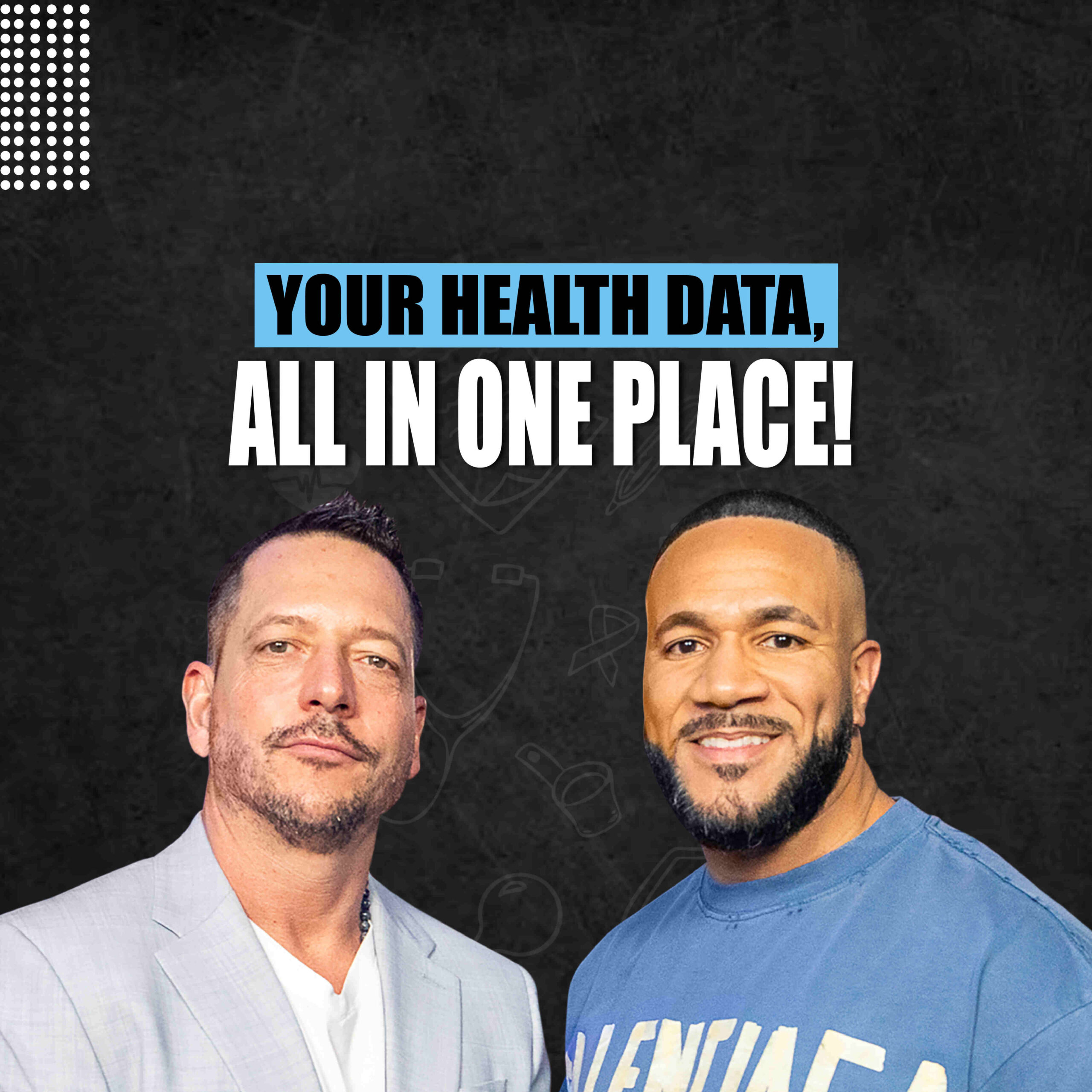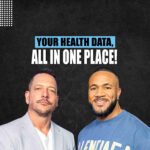When we think of health, we often imagine doctors, prescriptions, and annual check-ups. But in today’s world, our bodies are producing streams of valuable data every single day, through wearables, continuous monitors, and lifestyle tracking. The challenge? That information is often scattered, buried in PDFs, or left unread in outdated portals.
On a recent episode of “A Healthy Point of View” podcast, Sam Tejada, CEO and Founder of Liquivida®, sat down with Dave Korsunsky, Founder of HeadsUp, to discuss how technology can revolutionize healthcare by putting this data directly into the hands of individuals.
The Tech That Can Predict Your Health Future | Dave Korsunsky | Ep. 78

From Servers to Human Systems
Before entering the health world, Korsunsky worked in Silicon Valley, optimizing massive computer systems for Fortune 500 companies. His job was to analyze billions of data points daily, identify inefficiencies, and make systems run better.
It didn’t take long for him to realize that the human body operates the same way, only instead of servers, we have organs and metabolic pathways, and instead of lagging hardware, we face fatigue, stress, and chronic illness. The lightbulb moment? Applying the same analytical mindset he used for computers to hu21man health.
“I was generating hundreds of thousands of data points myself through an Apple Watch, an Oura Ring, a glucose monitor, but there was no central place to make sense of it all,” Korsunsky explained. That frustration sparked the creation of HeadsUp, a platform designed to unify health data into one easy-to-understand dashboard.
The Power of Continuous Feedback
Traditional healthcare relies heavily on snapshots: an annual check-up, a lab test once or twice a year. But as Korsunsky points out, real change happens when you can see how your body responds daily.
“With tools like wearables and continuous glucose monitors, you can make a change on Monday and know by Tuesday if it’s working,” he said. This ability to self-correct in real time is not just empowering, it’s transformative.
Examples abound. One woman discovered her pregnancy through data shifts on her Oura Ring. Others detect early signs of illness, like elevated temperature or suppressed heart rate variability, before symptoms appear. Athletes, meanwhile, use these insights to gain a competitive edge, fine-tuning recovery and performance with precision.
Helping Clinicians See More
For clinicians, HeadsUp offers an opportunity to bridge the gap between traditional medicine and real-time health tracking. Instead of relying solely on episodic visits, practitioners can continuously monitor trends, spotting risks early and providing proactive care.
Still, there’s a challenge: too much data can overwhelm. That’s why HeadsUp filters out the noise, only alerting providers when significant patterns emerge, such as a drop in heart rate variability over several days or a sustained blood sugar spike.
“This allows doctors to focus on what truly matters,” Korsunsky explained. “The goal isn’t more data, it’s smarter data.”
Health Data, Personal and Precise
One of the biggest misconceptions in health tracking, Korsunsky emphasized, is believing everyone responds the same way. “Two people can eat a banana, and one person’s blood sugar goes up while the other’s goes down,” he noted. This is the essence of precision medicine: tailoring choices based on an individual’s unique response, not generic guidelines.
That personalized approach also dismantles another myth: that health optimization is expensive. In reality, some of the most effective “biohacks” are free, like getting sunlight, exercising, staying hydrated, and prioritizing sleep. Technology simply helps measure and reinforce those habits.
The Role of AI and the Future of Care
With the rise of artificial intelligence, the potential grows even greater. HeadsUp is already using AI to pull structured data out of messy PDFs, but Korsunsky envisions much more: conversational queries (“Show me my sleep trends over the last 90 days”), predictive analytics (“If you keep trending this way, here’s what your health may look like”), and even AI-assisted clinical research.
In fact, HeadsUp is already being used for product validation; companies can test supplements or therapies with real-world participants, tracking changes against existing baselines in a fraction of the time and cost of traditional studies.
A New Model for Healthcare
Korsunsky calls this shift “continuous, proactive healthcare.” Instead of waiting for illness to strike, data gives us constant feedback, empowering both individuals and clinicians to act early, adjust behaviors, and optimize outcomes.
For him, however, the mission goes beyond technology. “At the end of the day, what really matters is love,” he told Sam. “Health is simply a means to be the best version of ourselves, so we can love and be loved.”
Taking Control of Your Health
Sam Tejada summed it up best: “Your body is the temple of God. Taking care of it is an act of self-love.”
With platforms like HeadsUp, people no longer have to be passive participants in their own health journey. They can track, measure, and optimize, making smarter choices every day. And in doing so, they’re not just living longer, but living better.

